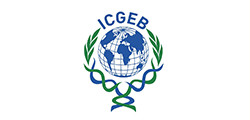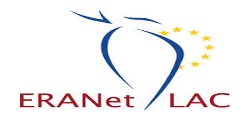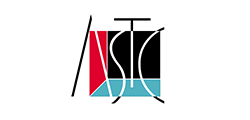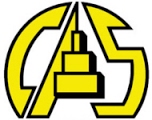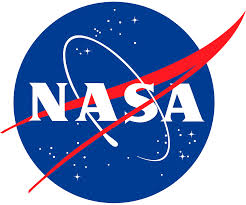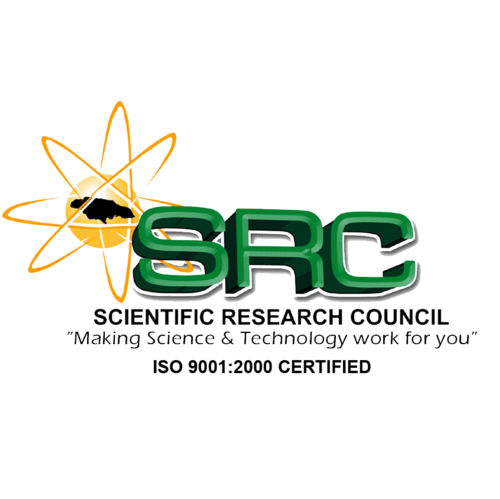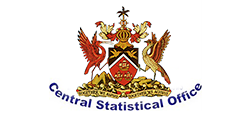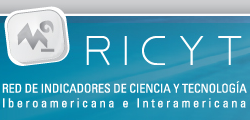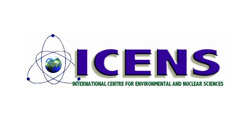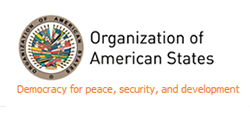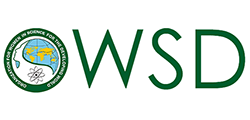International co-operation is necessary to build our country's human capacity and knowledge base in Science and Technology (S&T). The free flow of ideas and information, the exchange of high level researchers, and strategic intellectual alliances between individuals and institutions are also necessary to help us find solutions to developmental challenges both nationally and globally. With this in mind, Trinidad and Tobago has signed agreements for cooperation in S & T with many friendly countries. The countries include China, Colombia, India, Malaysia, Nicaragua, Nigeria, South Africa, Venezuela, and Zambia.
The role of NIHERST is to provide inputs into these agreements and to facilitate their implementation.
NIHERST also ensures that this country makes use of the opportunities provided for S&T development and cooperation by regional and international organisations. NIHERST collaborates with organisations such as:
-
IEEE Trinidad and Tobago Section (IEEETT)
The IEEE is the world’s largest professional engineering organization with over 370,000 members worldwide. The world is divided into 319 sections and 10 geographical regions, Trinidad and Tobago belongs to Region 9, Latin America and the Caribbean.
The IEEE Trinidad and Tobago Section was established in November 2005, when it was upgraded from a subsection of the Puerto Rico and Caribbean Section. Read more -
International Centre for Genetic Engineering and Biotechnology (ICGEB)
The ICGEB is an international, nonprofit research organization. Established as a special project of UNIDO, it became fully autonomous in 1994 and now counts over 60 Member States. The International Centre for Genetic Engineering and Biotechnology provides a scientific and educational environment of the highest standard and conducts innovative research in life sciences for the benefit of developing countries.
-
ERANet-LAC
The Government of Trinidad and Tobago recently agreed to tap into the benefits of research collaboration with the European Union (EU) and the Community of Latin American Caribbean States (CELAC) through this country’s participation in the EU-CELAC Joint Initiative for Research and Innovation (JIRI) and the ERANet-LAC Project. Read more
-
The Association of Science-Technology Centres (ASTC)
The Association of Science-Technology Centres (ASTC) is an organisation of science centres and museums dedicated to furthering the public understanding of science. The NIHERST/NGC National Science Centre (NSC) is included in its membership of over 550 organisations from 43 countries. The Association encourages excellence and innovation in informal science learning by linking its members world-wide.
-
Global Water Partnership- Caribbean
The mission of Global Water Partnership-Caribbean (GWP-C) is to support Caribbean countries in the sustainable development and management of their water resources by fostering an Integrated Water Resources Management (IWRM) approach at the community, national and regional levels.
-
The Caribbean Academy of Sciences
The idea of establishing a Caribbean Academy of Sciences (CAS) was informally proposed at the General Assembly Meeting of the International Council of Scientific Unions [ICSU] in Bern, Switzerland in September 1986. The Caribbean member on the ICSU Committee for S&T in Developing Countries [COSTED] was mandated to raise the idea within the S&T community in the Caribbean and to support efforts to found a Caribbean Academy.
-
National Aeronautics and Space Administration
Since its inception in 1958, NASA has accomplished many great scientific and technological feats in air and space. NASA technology also has been adapted for many nonaerospace uses by the private sector. NASA remains a leading force in scientific research and in stimulating public interest in aerospace exploration, as well as science and technology in general.
-
The Scientific Research Council - Jamaica
The Scientific Research Council serves the productive sector, policy makers and the general public in order to enable sustainable growth and development in Jamaica by: Providing Quality Scientific $ Technological solutions; Popularizing Science & Technology through strategic alliances; and Being Customer-focused, with innovative, competent and responsive teams.
-
Central Statistical Office (CSO), Trinidad and Tobago
Central Statistical Office (CSO) is a division of the Ministry of Planning and Development, Government of the Republic of Trinidad and Tobago. The CSO collects official statistics on: national accounts; trade, travel and economic indicators; agriculture; population, social and vital statistics; continuous sample survey of population and; geographic information systems.
-
Ibero American/ Inter American Network of Science and Technology Indicators (RICYT)
Bi-lingual (Spanish/English) website which presents science and technology information on 28 countries in North America, Latin America and Caribbean region. Key sections are RICYT, Indicators, S&T Systems, Workshops, Internships. Full text of documents are available in Spanish version of the Virtual Library.
-
International Centre for Environmental and Nuclear Science (ICENS)
The International Centre for Environmental and Nuclear Sciences (ICENS) is a special institution located on the University of the West Indies Mona campus. It is dedicated to obtaining scientific solutions to socio-economic development problems through relevant research.
-
Organization of American States (OAS)
Made up of 35 member states, the OAS is the hemisphere's premier political forum for multilateral dialogue and action. With four official languages -- English, Spanish, French and Portuguese -- the Organization reflects the rich diversity of peoples and cultures across the Americas.
-
Organization for Women in Science for the Developing World (OWSD)
OWSD, formerly TWOWS, is the first international forum to unite eminent women scientists from the developing and developed worlds with the objective of strengthening their role in the development process and promoting their representation in scientific and technological leadership.
-
Third World Academy of Sciences
The Third World Academy of Sciences (TWAS) represents the best of science in the developing world. Its principal aim is to promote scientific capacity and excellence for sustainable development in the South. The Academy's more than 600 Fellows and Associate Fellows are elected from among the world's most distinguished scientists.
-
United Nations Educational, Scientific and Cultural Organisaion (UNESCO)
This specialised UN agency serves as a laboratory for ideas and a standard-setter to forge universal agreement on emerging ethical issues amongst its 191 Member States, in addition to being a promoter of human and institutional capacity-building in the diverse fields of education, science, communication and culture.





